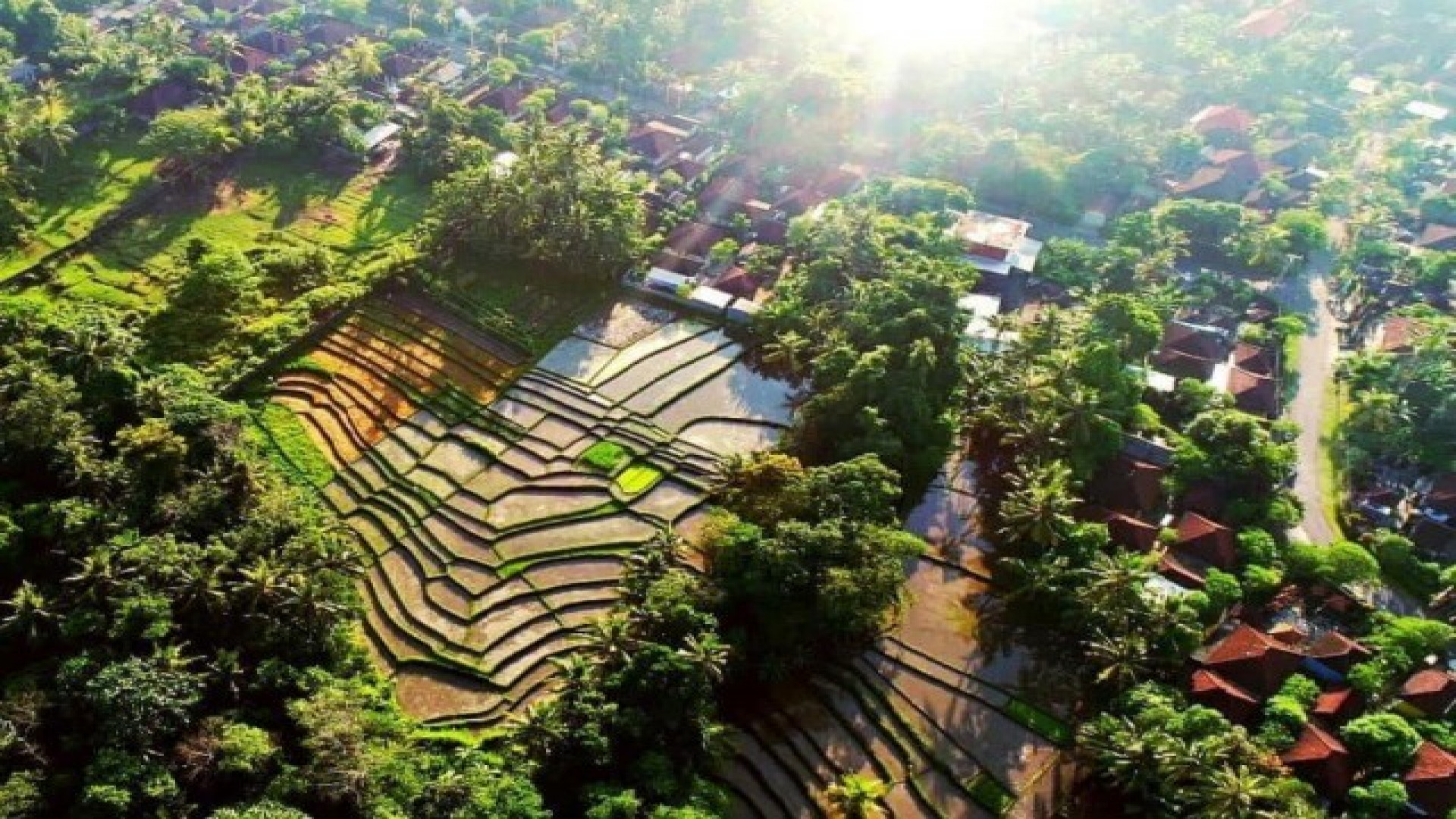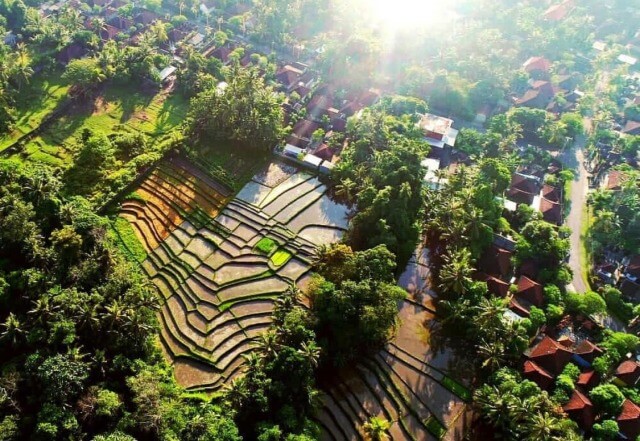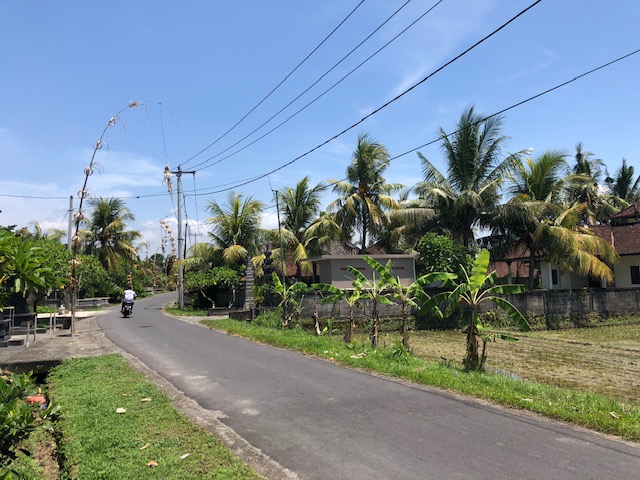
15 May, 2019 - Annisa Nurulhuda
How Community Ecotourism Can Support Village Economy and Preserve the Environment
What comes to mind when someone mentions a holiday in Bali? A typical image might be of someone sunbathing on the beach, enjoying a beautiful sunset, or wandering through markets full of traditional crafts. However, more people are now looking beyond this type of vacation and are seeking a more authentic cultural experience during their travels. This is why ecotourism - a form of tourism that preserves the natural environment and local culture - is thriving. In the southside of Tabanan, Bali, Nyambu village has been developing its own community-based ecotourism business, 'Desa Wisata Ekologis Nyambu' (DWE Nyambu), that seeks to offer travellers an authentic Balinese experience in the beautiful village.
Nyambu is a village of 3,411 people close to Tanah Lot, one of the most popular tourist destinations in Bali. Entering the village, tourists are met with a view of vast rice fields, water springs, and historic Balinese temples. The village is extremely clean providing a very pleasant experience for tourists strolling around the village, immersing themselves in the villagers’ daily life as well as enjoying Balinese beauty and culture.
This was not the case for tourists who visited Nyambu village four years ago.
At that time waste was a huge problem - especially plastic waste. People threw trash wherever they felt like, resulting in piles of garbage along the village road. The waste clogged the irrigation system in the village’s rice fields, reducing the water flow and affecting productivity.
Seeing these challenges, Diageo, the British Council, and Yayasan Wisnu initiated the Langgeng Ecotourism Programme (LEP) in the village in 2015. This program worked together with the villagers aimed to develop and support the development of a community ecotourism business in Nyambu.
The program offered a series of training programs such as community organization, entrepreneurship, and English training for villagers. After one and a half years of training, the participants established DWE Nyambu as a community-owned business that is managed by the villagers and supported by the Nyambu local government. The aim of establishing DWE Nyambu is to improve the economic status of the villagers by providing jobs while conserving the village’s environment. In the long run, it is hoped that the business can encourage local youth to work in Nyambu instead of following the previous trend of working in the Badung area (Kuta, Seminyak, etc).
After three years of implementation, Diageo and the British Council partnered with Kopernik to evaluate the impact that the program has had in the village. Kopernik conducted an evaluation of the program in December 2018.

Nyambu villagers told us that the most notable change they saw after the program started was the cleanliness of the village. As part of the training, the villagers were invited to join a participatory mapping session where they walked around and observed the condition of the village very closely. Through this process , participants became more aware of the assets in their village, their potential as well as identifying problems. They also became more motivated to preserve their village environment.
Waste management was a recurring theme throughout the program to raise the villagers’ understanding of the importance of keeping their surroundings clean. The Nyambu community are now more aware of the issue of plastic waste and have gained a better understanding of how to manage the waste.
These sessions on keeping the village clean and waste management also tied back to the Balinese philosophy of “Tri Hita Karana”, which puts on the relationship with God, fellow humankind, and the environment at the center of Balinese life.
 Improvements in Nyambu village's cleanliness has earned its popularity, which was acknowledged by the local government with better infrastructure.
Improvements in Nyambu village's cleanliness has earned its popularity, which was acknowledged by the local government with better infrastructure.
“The roads are now paved and smooth. Before it was bumpy and it was difficult for us to get around.” - a 50-year-old pool maintenance worker in Nyambu village.
In terms of economic impact, our analysis found that it is still too early to determine whether the presence of DWE Nyambu has led to significant economic improvements in the village. The business is still considerably young and the focus on private tourism serving a limited number of guests has yet to stimulate economic activities that involve many villagers. As the business develops further in the future, the economic benefit is expected to reach more and more villagers.
However, the village has enjoyed some benefit through the program as its improved environment has attracted significant media coverage and social media promotions by the villagers and visitors, increasing its popularity domestically and internationally. This popularity was acknowledged by the local government and resulted in improved infrastructure support. Following the development of DWE Nyambu, the village received funds for road improvement and bridge development with a total monetary value of almost IDR 10 billion.
Even though the DWE Nyambu needs more time in order to significantly increase the income of Nyambu villagers, the benefits of environment and historical preservation, as well as infrastructure improvement, are noteworthy achievements. With this progress, Nyambu village could be a model of community-based ecotourism business development and be replicated in other villages. This project shows that ecotourism can be a potential modality for a tourism industry that benefits travellers, the environment, and the local community equally.